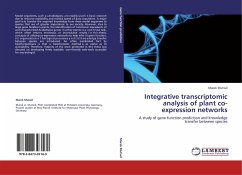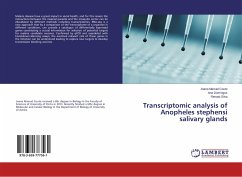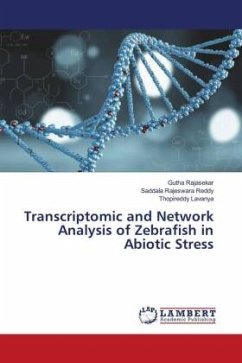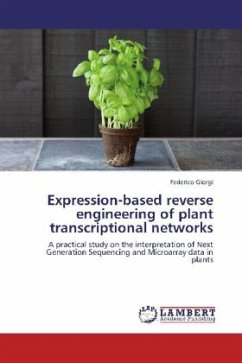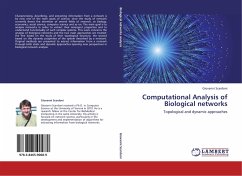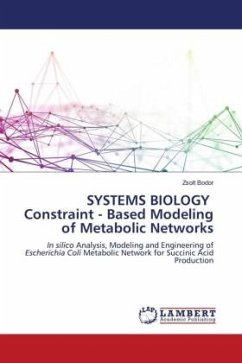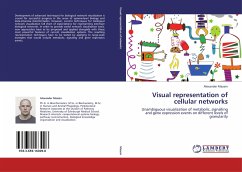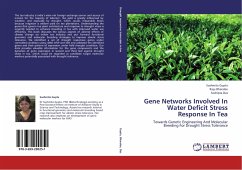Model organisms, such as Arabidopsis, are readily used in basic research due to resource availability and relative speed of data acquisition. A major goal is to transfer the acquired knowledge from these model organisms to species that are of greater importance to our society. However, due to large gene families in plants, the identification of functional equivalents of well characterized Arabidopsis genes in other plants is a non-trivial task, which often returns erroneous or inconclusive results. In this thesis, concepts of utilizing co-expression networks to help infer (i) gene function, (ii) organization of biological processes and (iii) knowledge transfer between species are introduced. An often overlooked fact by bioinformaticians is that a bioinformatic method is as useful as its accessibility. Therefore, majority of the work presented in this thesis was directed on developing freely available, user-friendly web-tools accessible for any biologist.
Bitte wählen Sie Ihr Anliegen aus.
Rechnungen
Retourenschein anfordern
Bestellstatus
Storno

